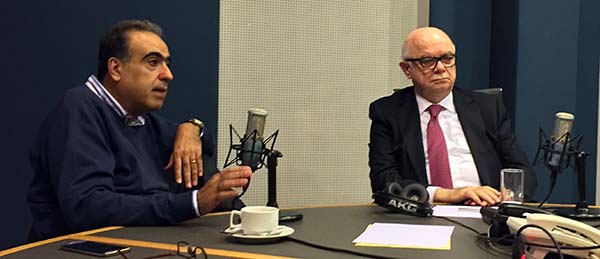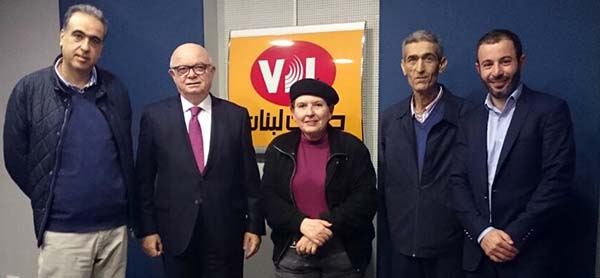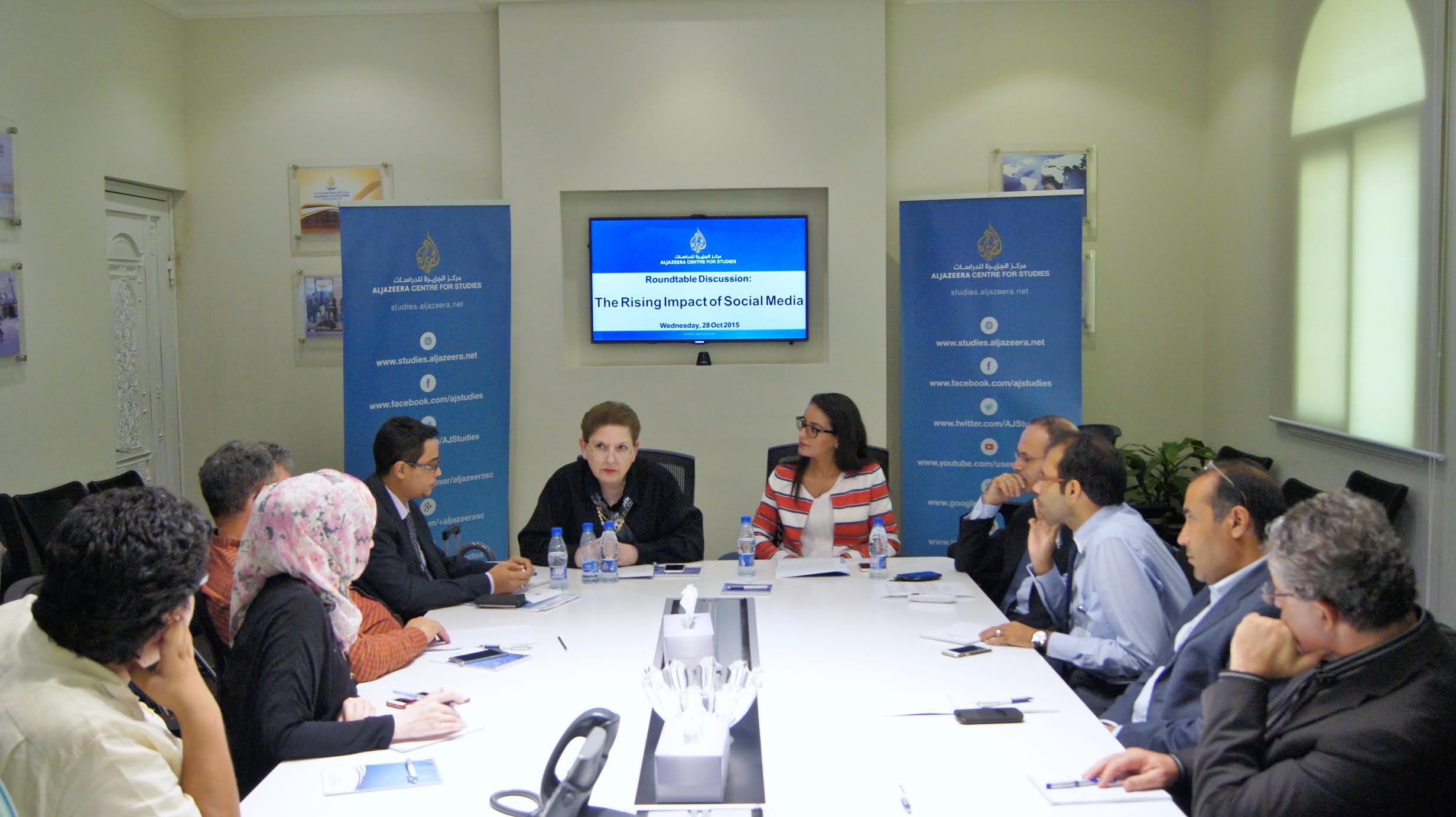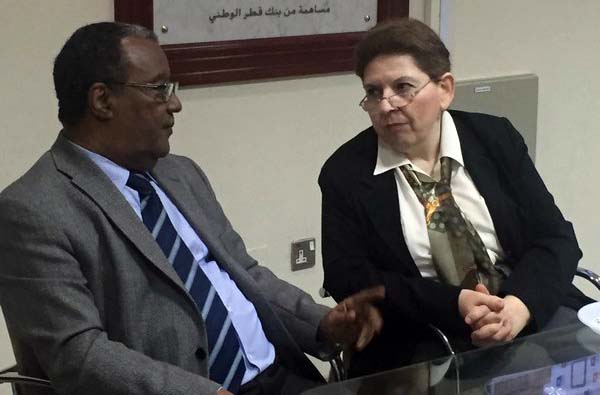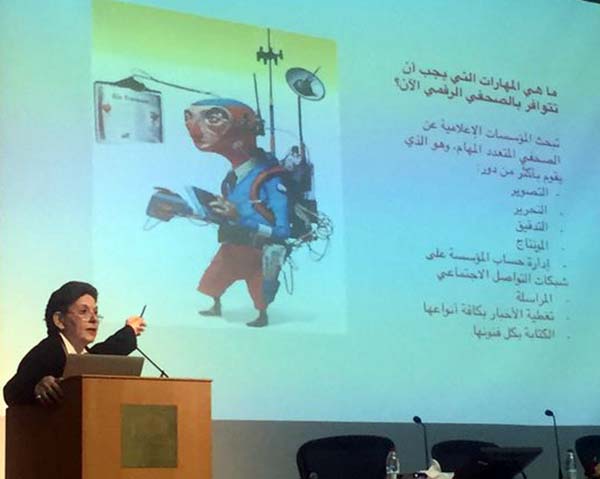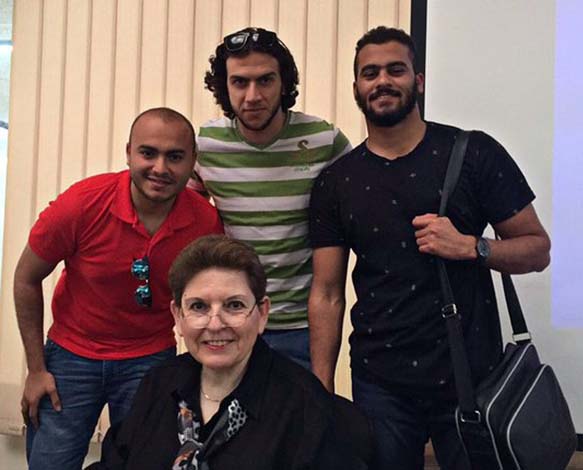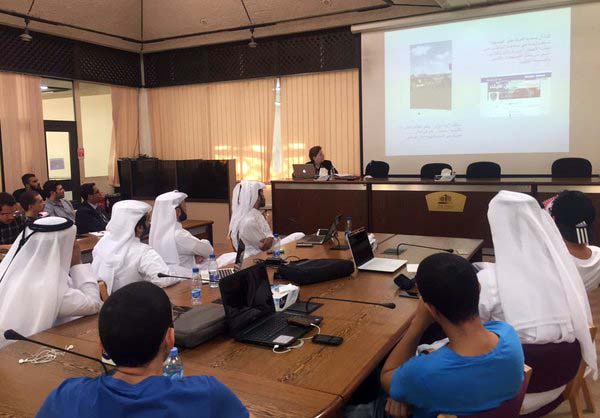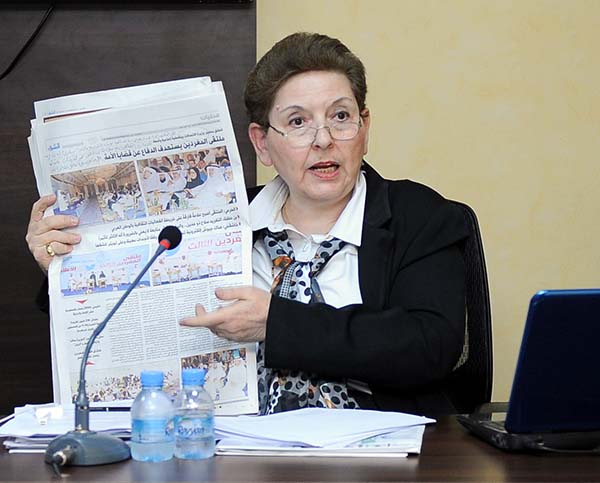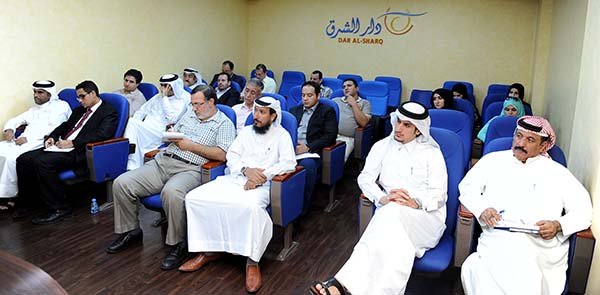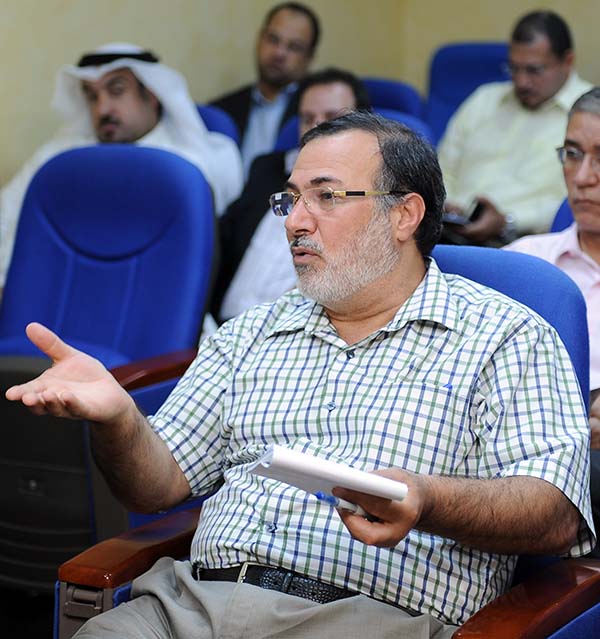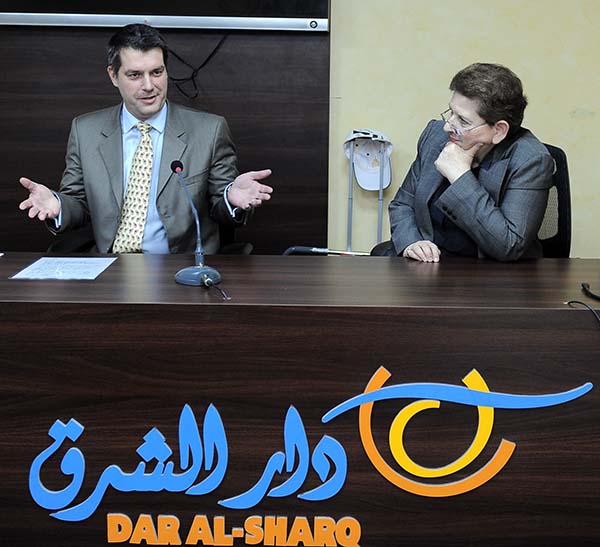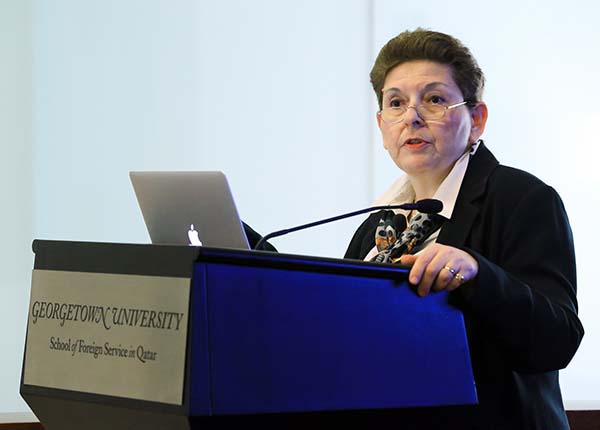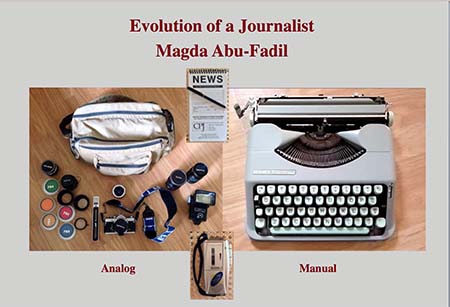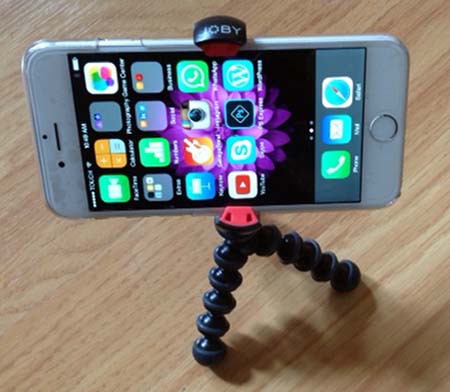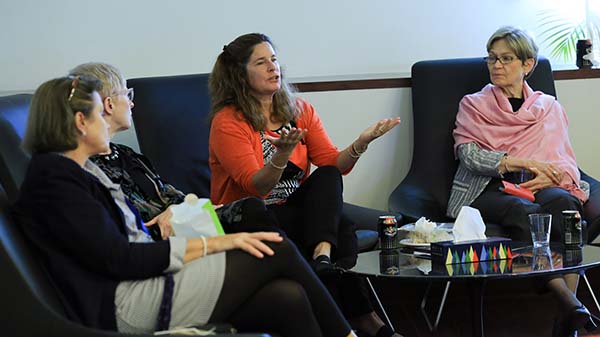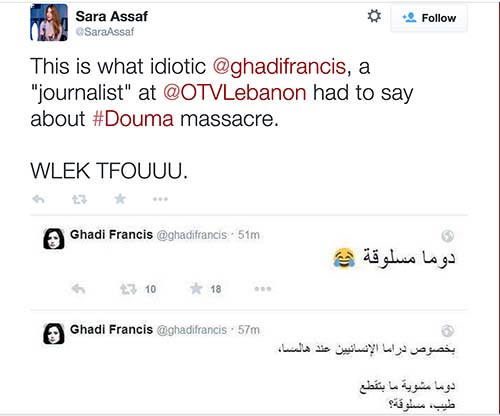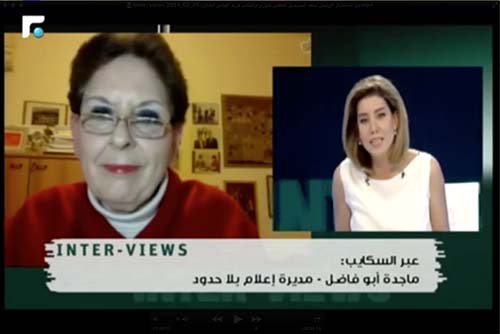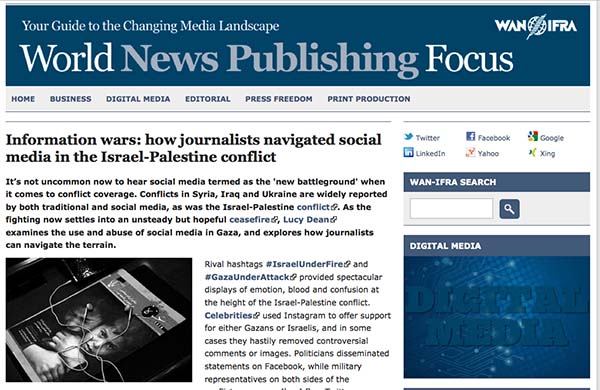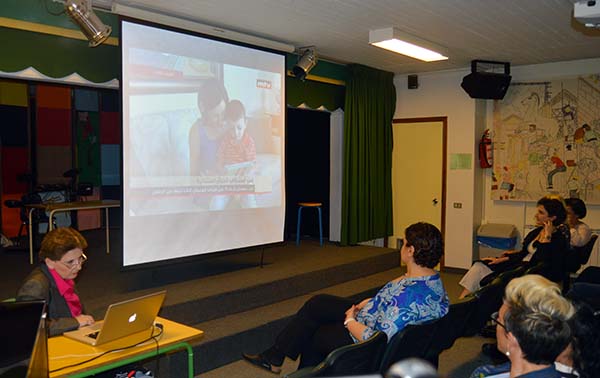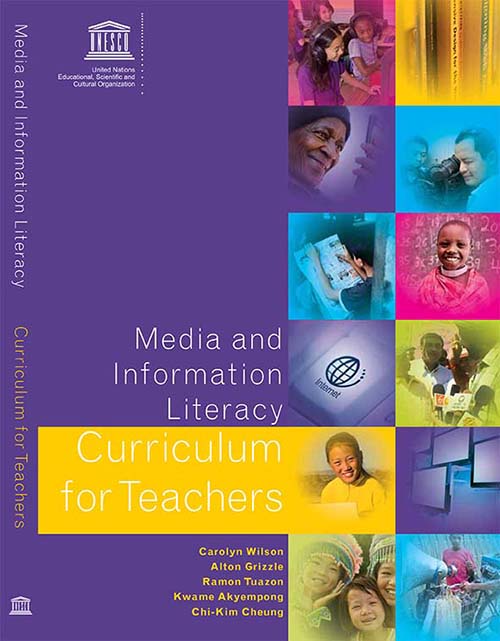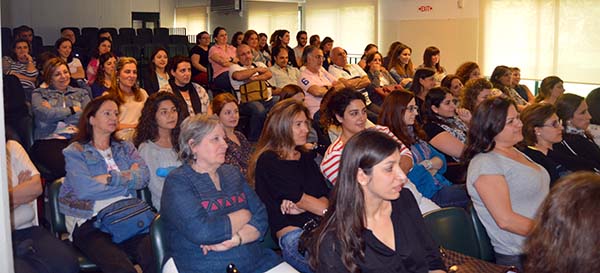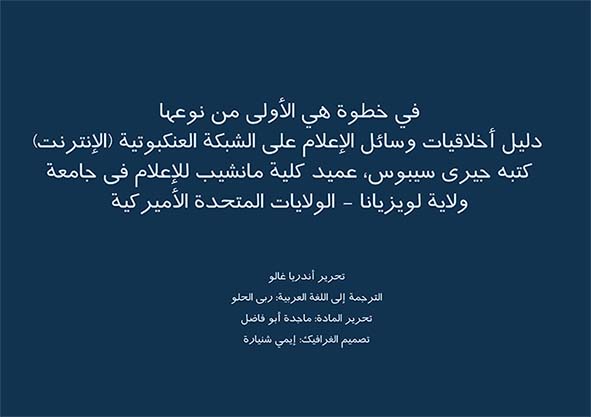The ax is falling fast on Lebanese journalists as word of newspapers going fully online or facing shutdown spread this week amid a sea of political, financial and social turmoil in the country.
Besides sharp drops in advertising revenue, competition from newer local print and online media (not to mention social media and citizen journalists), rising production costs, measly subscriptions, and readers who would rather get their news in snippets on the move, Lebanese media have also been heavily dependent on political patronage and outside funding over the decades.
All dailies have online versions but the big question is whether the paper editions would survive.
Newsrooms have failed to keep up with the times. There’s no real integration of key elements of digital multimedia newsgathering, editing, distribution and interactivity or engagement with consumers.
Editors and publishers exist in bubbles of denial or believe that imitating certain foreign media’s tactics of a race for clicks and unrealistic analytics will help achieve their goals of monetizing online content.
Media Unlimited director Magda Abu-Fadil discussed Lebanese print media’s slippery slope in “Al Safha Al Akheera” (The Last Page), a radio talk show on Voix du Liban, in March 2016.
Other guests were Ahmad Zeineddine, a media professor at the state-run Lebanese University, as well as Salah Salam, editor of the daily Al Liwa’ (The Banner) and Rabih Haber, publisher of the online news site Lebanon Files.

